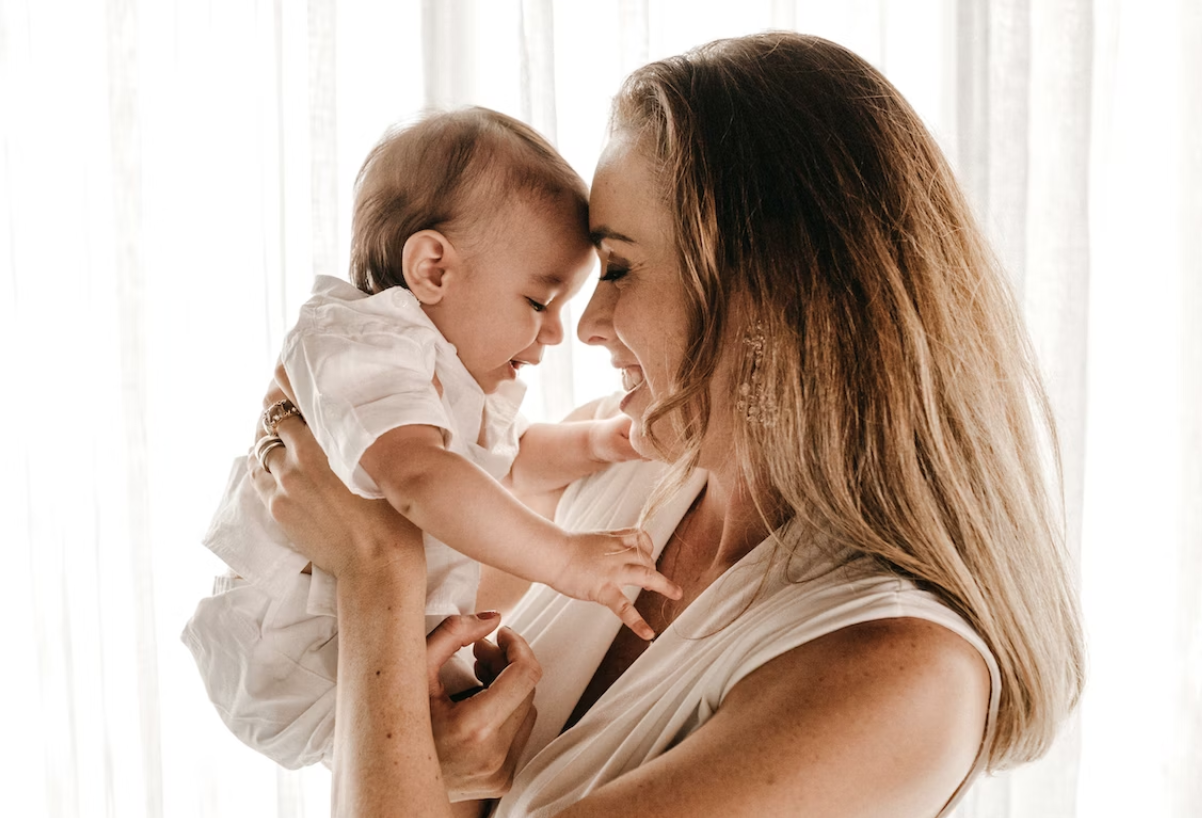
Why Parents' Emotional Well-Being is Crucial for Nurturing Happy Babies
Why Parents' Emotional Well-Being is Crucial for Nurturing Happy Babies
Welcoming a baby into the world is a joyous and transformative experience for any parent. From the first cry to the first smile, every milestone fills parents' hearts with overwhelming love and happiness. As parents, we strive to provide the best care and nurture our little ones to ensure their well-being and happiness. However, amid this journey, we often forget that our emotional well-being plays a significant role in shaping our babies' development. In this blog post, we will explore why parents' emotional well-being is crucial for nurturing happy babies and how it impacts their growth and overall happiness.
Self-Care and Parenting
Parenting is a demanding and rewarding role, but it can also be emotionally draining. Many parents fall into the trap of neglecting their well-being while focusing solely on their child's needs. However, taking care of oneself is not selfish; it is a vital component of effective parenting.
Parents who prioritize self-care and invest in their emotional well-being are better equipped to handle the challenges of parenting. Engaging in activities that bring joy and relaxation, seeking social support, and practicing self-compassion are all essential for maintaining emotional balance. Seeking professional support such as therapy or counseling can also be beneficial for parents to navigate their emotional challenges and develop healthy coping mechanisms. As noted by the therapists from My Denver Therapy betrayal trauma is one of the most common emotional challenges that some parents may face, and seeking specialized support can be crucial in healing and moving forward. By refilling their emotional cups, parents can be more present, patient, and attuned to their baby's needs, promoting a nurturing and happy environment.
Creating a Secure Attachment
One of the fundamental aspects of early childhood development is the formation of a secure attachment between a parent and their baby. This attachment serves as a foundation for healthy emotional and social development later in life. When parents are emotionally well-balanced, they can provide a secure and nurturing environment for their infants, fostering the development of a strong parent-child bond.
When parents are emotionally distressed or overwhelmed, it can hinder their ability to respond to their baby's needs effectively. Babies are highly perceptive and can sense their parent's emotional state. If a parent is consistently stressed, anxious, or depressed, it may disrupt the bonding process and lead to an insecure attachment. Conversely, when parents are emotionally stable and content, they are more likely to engage in responsive and sensitive caregiving, promoting a secure attachment that positively impacts the child's emotional well-being.
Emotional Regulation and Modeling
Babies are like sponges, absorbing everything happening around them. They learn by observing their parents' behaviors, emotions, and reactions. Parents who are emotionally well-balanced serve as positive role models for their children, teaching them how to regulate emotions and navigate the complexities of life.
When parents healthily manage their own emotions, they create an environment that supports emotional regulation in their babies. For example, if a parent is calm and composed during stressful situations, their baby learns to self-soothe and cope with stress more effectively. On the other hand, if a parent consistently displays anger or anxiety, the baby may become overwhelmed and struggle to develop emotional regulation skills.
Furthermore, parents who prioritize their emotional well-being are more likely to engage in positive and nurturing interactions with their babies. They can respond to their baby's cues promptly and appropriately, fostering a sense of security, trust, and emotional stability. These early experiences shape the baby's understanding of the world and their emotional well-being, setting the stage for a happier and healthier life.
Creating a Positive Home Environment
Parents' emotional well-being also influences the overall atmosphere of the home, which directly impacts a baby's development. A home filled with love, harmony, and positivity provides a nurturing space for babies to thrive. On the other hand, if parents are constantly stressed, overwhelmed, or engaged in conflicts, it can create a tense environment that negatively affects the baby's emotional well-being.
When parents prioritize their emotional well-being, they can better manage stress, communicate effectively, and create a loving and supportive environment. This positive environment enhances the baby's sense of security, happiness, and overall well-being. Babies raised in such an environment are more likely to develop healthy self-esteem, social skills, and resilience, which are crucial for their long-term happiness and success.

The journey of parenthood is an incredible and transformative experience. As parents, our emotional well-being is a key factor in nurturing happy and healthy babies. By prioritizing our emotional well-being, we create a secure attachment, model emotional regulation, foster a positive home environment, and engage in effective parenting. Taking care of ourselves not only benefits us but also creates a nurturing space for our babies to thrive and flourish. Remember, a happy parent is the foundation of a happy baby.
